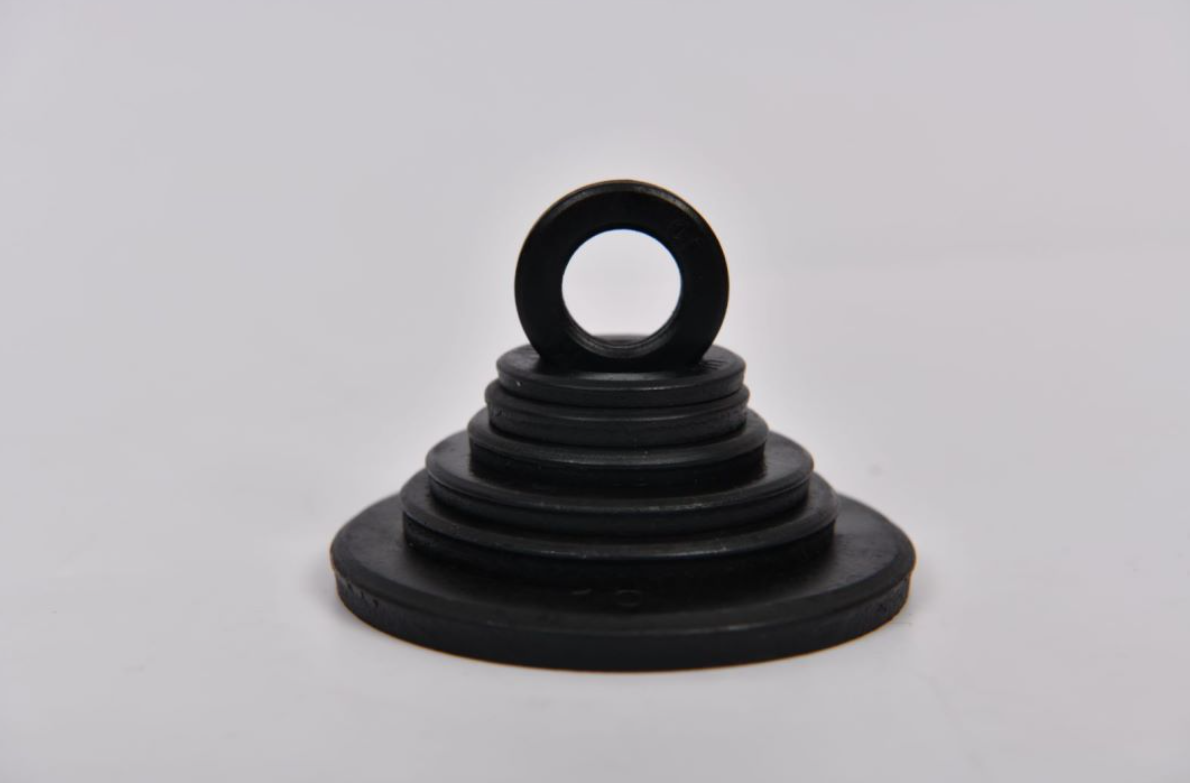Differences Between Lock Nuts and Lock Washers for Secure Fastenings
Lock Nut vs. Lock Washer Which One to Choose for Your Application?
In the world of mechanical assembly, ensuring that components remain securely fastened is critical to maintaining performance, safety, and durability. Two popular choices for enhancing the effectiveness of threaded fasteners are lock nuts and lock washers. While both serve the primary purpose of preventing loosening from vibration or dynamic loads, they differ significantly in design, application, and performance. Understanding these differences can help you make an informed decision when selecting the right fastening solution for your project.
What is a Lock Nut?
A lock nut is a type of nut designed to prevent loosening under vibration or torque. There are various styles of lock nuts, including nylon-insert lock nuts, prevailing torque lock nuts, and serrated flange lock nuts. Each type uses a different mechanism to provide resistance to loosening. For instance, nylon-insert lock nuts incorporate a nylon ring that creates friction against the bolt threads, while prevailing torque lock nuts have a deformed shape that increases resistance when tightened.
Lock nuts are typically thicker than standard nuts, and their design allows them to maintain a secure grip even under challenging conditions. They are often used in applications with high levels of vibration, such as automotive, aerospace, and heavy machinery.
What is a Lock Washer?
A lock washer is a thin disc-shaped metal or plastic washer that is placed under a nut or screw to prevent it from loosening. Lock washers come in various styles, including split (or crescent) lock washers, tooth lock washers, and wave washers. Each of these designs has unique features that provide resistance to loosening. For instance, split lock washers are made by cutting a circular piece of metal to create a split, which exerts spring tension when compressed, while tooth lock washers have sharp internal or external teeth that dig into the surface of the bolt and substrate, enhancing grip.
Lock washers are generally thinner and lighter than lock nuts, making them suitable for applications where space and weight are critical factors. They are commonly used in a wide range of applications, from electronics to construction, where they can help secure bolts and screws against various forces.
Key Differences Between Lock Nuts and Lock Washers
lock nut vs lock washer company

1. Design and Construction - Lock nuts are thicker and often have complex shapes or materials designed for securing threaded fasteners. - Lock washers are typically flat or slightly curved, made from metal or plastic, and are placed between the fastener and the surface being secured.
2. Mechanism of Action - Lock nuts provide resistance through locking mechanisms that utilize friction or mechanical deformation. - Lock washers work by creating tension or grip through their physical design, which can often redistributes force and enhances the surface contact between the fastener and the assembly.
3. Applications - Lock nuts are preferred in environments with heavy vibration, high torque, or where a high level of security is necessary. - Lock washers are advantageous in applications where weight and space are constraints, and they provide adequate resistance against loosening.
4. Ease of Use - Lock nuts may require more torque to install effectively, and their additional thickness can limit access in tight spaces. - Lock washers are easier to use in most applications since they do not require special installation techniques beyond standard fastener procedures.
When to Use Each
The choice between lock nuts and lock washers ultimately depends on the specific requirements of your application. For projects involving heavy machinery, automotive components, or any environment subject to severe vibration, lock nuts might be the better choice. Conversely, for lighter assemblies or applications where space is at a premium, lock washers could offer a more efficient solution.
Conclusion
Both lock nuts and lock washers play vital roles in securing mechanical assemblies. Understanding their distinctions helps engineers, mechanics, and hobbyists select the appropriate fastening solution for their needs. Whether you choose a lock nut for its robust security or a lock washer for its lightweight efficiency, employing the right component is essential for the longevity and reliability of your assembly. Always consider the specific demands of your project when making a choice, and you'll ensure that your fasteners remain tightly secured.
-
Top Choices for Plasterboard FixingNewsDec.26,2024
-
The Versatility of Specialty WashersNewsDec.26,2024
-
Secure Your ProjectsNewsDec.26,2024
-
Essential Screws for Chipboard Flooring ProjectsNewsDec.26,2024
-
Choosing the Right Drywall ScrewsNewsDec.26,2024
-
Black Phosphate Screws for Superior PerformanceNewsDec.26,2024
-
The Versatile Choice of Nylon Flat Washers for Your NeedsNewsDec.18,2024










